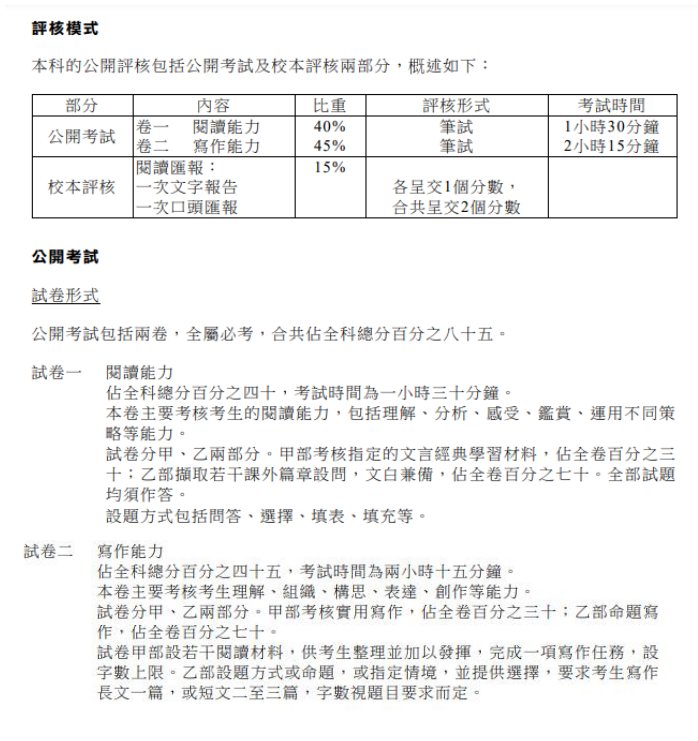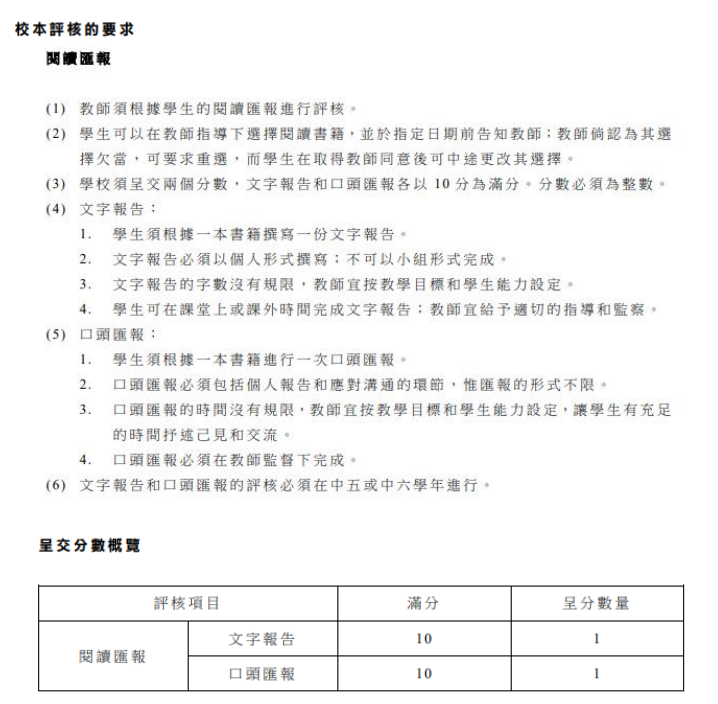- Home
- >
- Curriculum
- >
- Subjects
- >
- Chinese
- >
- Chinese Language
Chinese language is the foundation for learning various subjects. Chinese language learning should be developed based on students' mother tongue. The main task of language education is to improve students' language skills, to enable them to master standard written language, speak fluent Cantonese, and communicate in Mandarin Chinese. At the same time, students should appreciate the beauty of language and characters, cultivate an interest in language learning, develop higher-level thinking skills and good thinking qualities, receive aesthetic and moral cultivation, and be immersed in culture to enhance their character and promote holistic development.
(1) Improving reading, writing, listening, and speaking abilities, thinking skills, aesthetic abilities, and self-learning abilities.
(2) Cultivating interest and good attitudes and habits in language learning.
(3) Cultivating aesthetic taste and nurturing temperament.
(4) Cultivating good moral character and strengthening the sense of responsibility towards the community.
(5) Encouraging the understanding of Chinese culture and nurturing emotional attachment to the country and the nation.
For students:
Enhancing students' understanding of their own lives, national culture, and learning through life-related learning activities.
Guiding students to explore issues and enjoy the pursuit of knowledge through thematic research.
Broadening students' reading horizons and deepening their reading through interdisciplinary learning.
Inheriting classics and culture through discourse teaching.
Promoting students' ability for independent learning through e-learning.
For teachers:
Establishing teacher learning communities with partner schools, organizing inter-school activities to enhance professional exchange and teaching effectiveness of the teacher team.
Encouraging subject teachers to participate in research conferences, study subject knowledge, grade public exam papers, and draft public exam questions to grasp teaching trends and methods.
Strengthening cooperation spirit and teaching effectiveness of the teacher team through peer lesson preparation, lesson observation, and teaching sharing activities.
Catering to students' learning differences through diversified assessment methods.
Ongoing assessment: Classroom performance, composition writing, memorization, book reports, research projects, in-class tests, etc.
Examinations: Designated texts, foundational knowledge of the Chinese language, reading comprehension
Paper one: Designated texts, foundational knowledge of the Chinese language, reading comprehension
Paper two: Practical writing, composition writing based on given topics
Paper three: Students at different levels are required to share or discuss based on given prompts within a designated time frame
Paper four: Students at different levels are required to listen to audio recordings and answer questions within a designated time frame.




